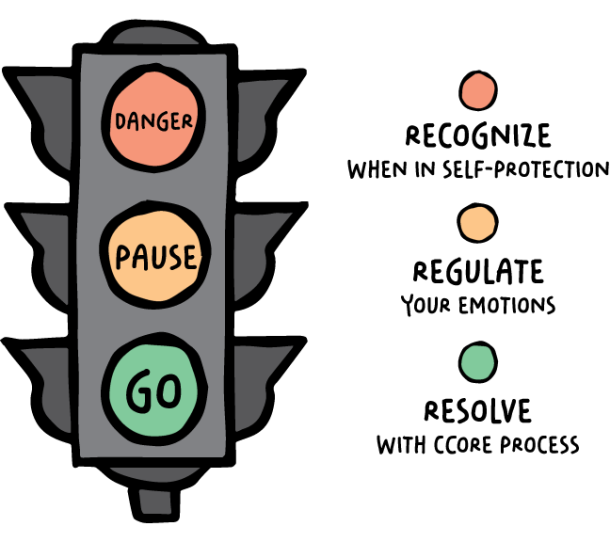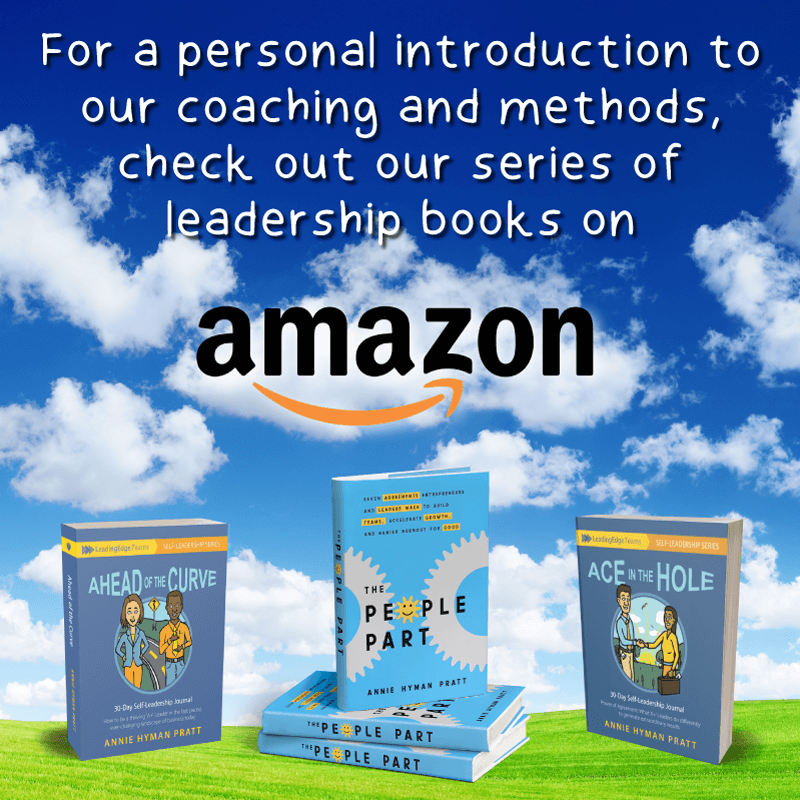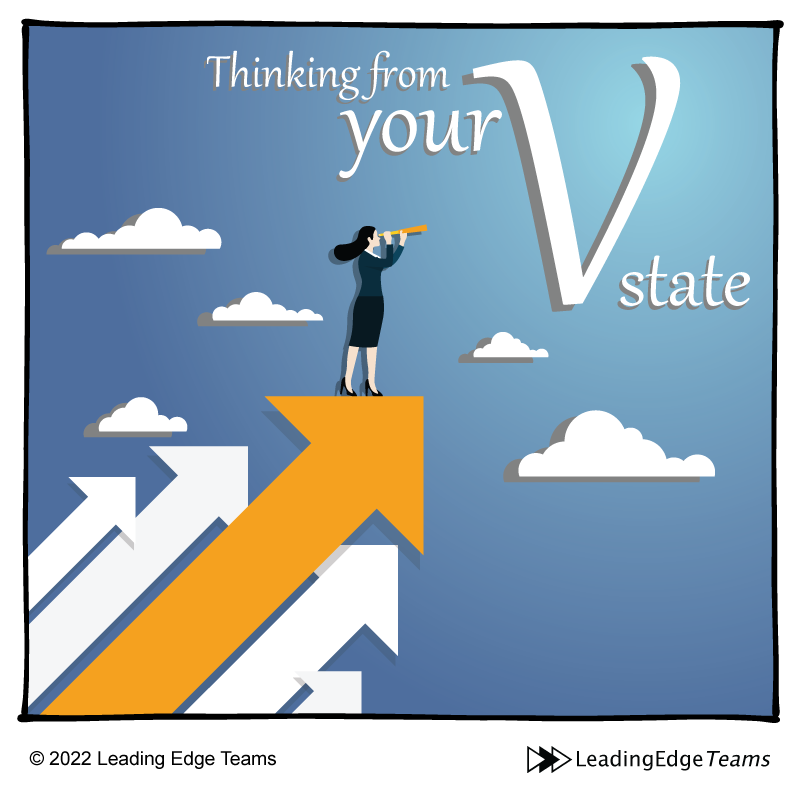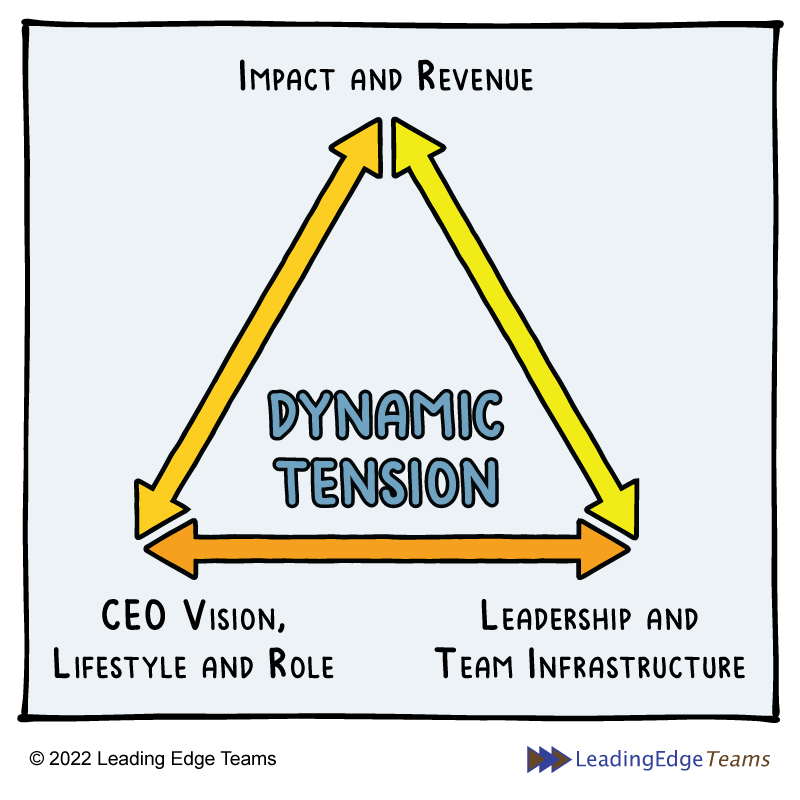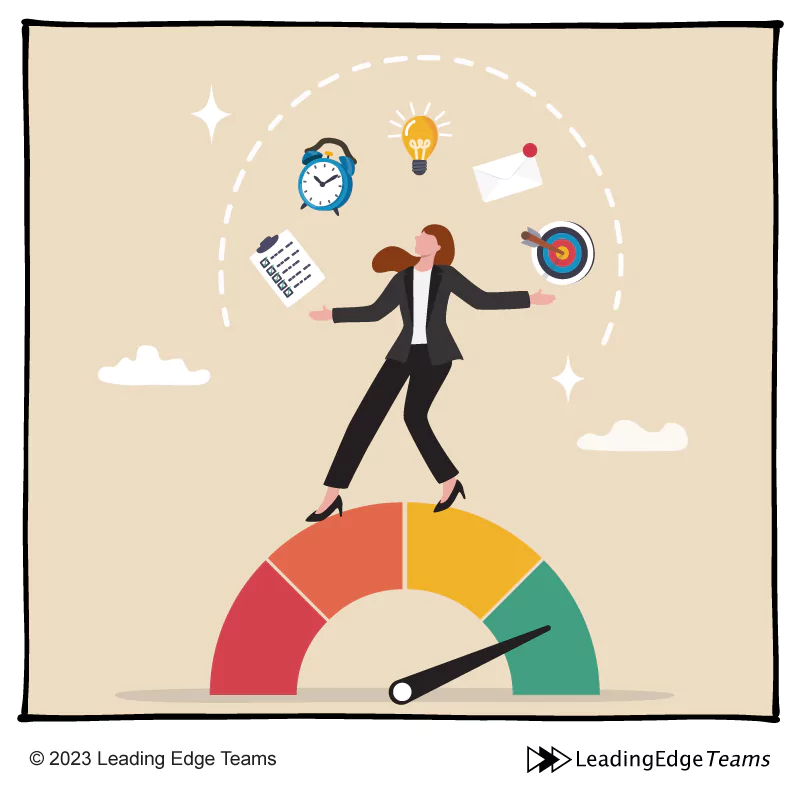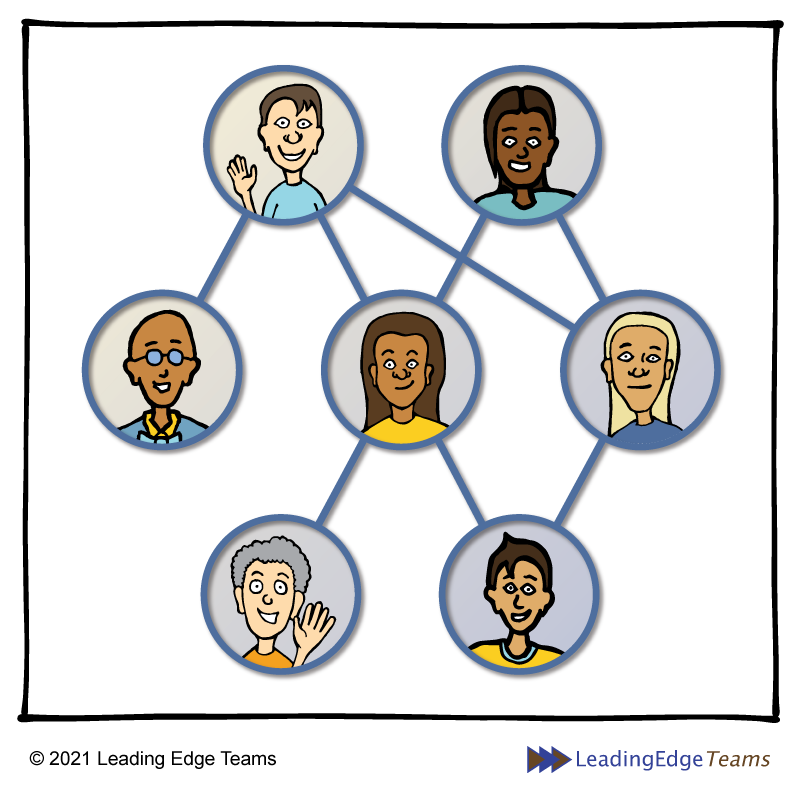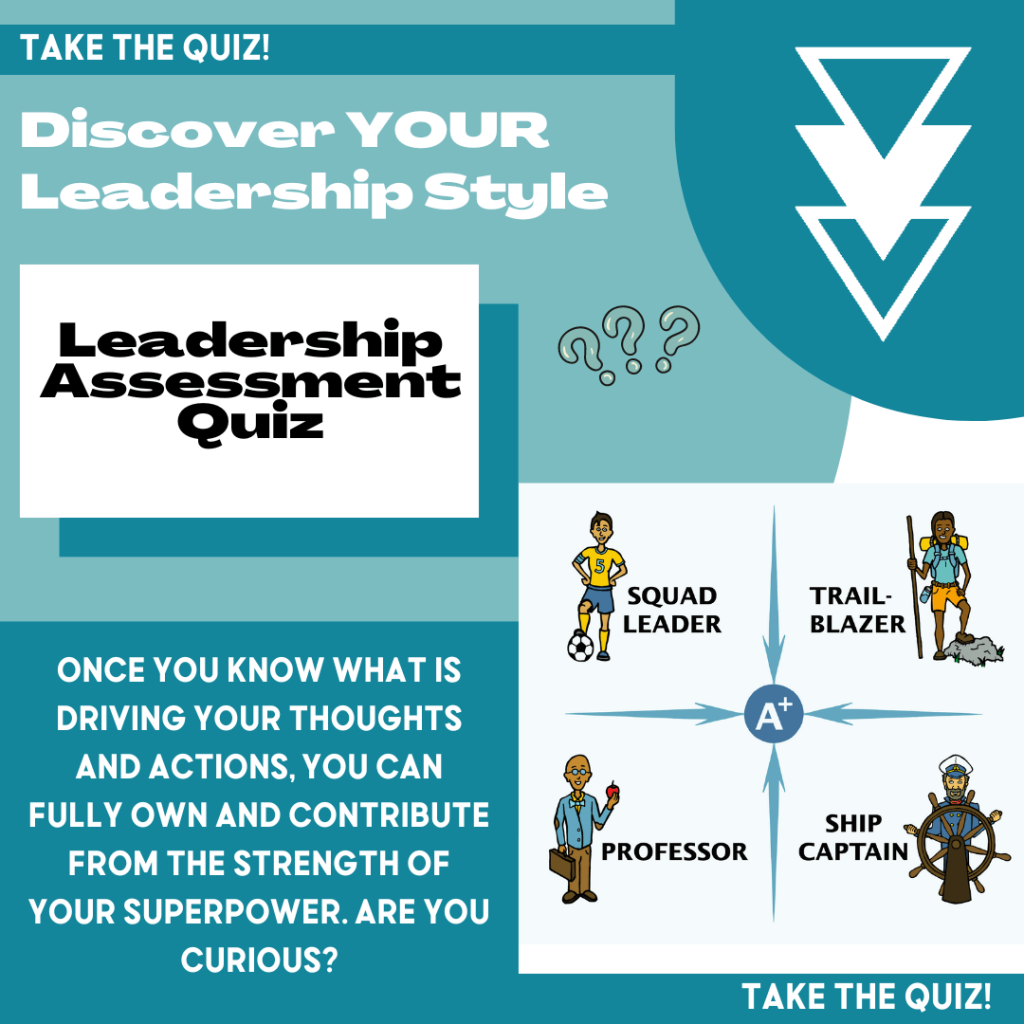You’ve just walked into an arena to watch a big game.
You’re excited—you grab a beer (or whatever your drink of choice is) and your favorite stadium snacks. You head to your seat and settle in, ready to be entertained.
Then, a couple of players on the team you’re rooting for start missing passes. They even miss a couple of clear shots. Things aren’t going the way you envisioned and it isn’t looking good for your team…

Opinion
It’s easy to judge when you are sitting comfortably in the stands. There’s no risk for you to be there, no skin in the game (unless you have placed a bet or you’re one of those diehard fans who has some superstitious ritual that helps your favorite team win!). You’re there to sit back and enjoy watching the action.
You get to observe and make quick assessments of how the game is going from the vantage point of someone who isn’t on the team or directly involved…
In other words, it’s easy to have an opinion about what should and shouldn’t happen when you’re on the sidelines. It’s a totally different experience when you’re actually in the game.
Perspective
The same is true when you’re working inside of an organization and on a team. It’s easy to judge and have a limited perspective of how a business or team should operate when you aren’t directly involved with them. It’s a much different experience when you are directly involved and responsible for achieving a successful outcome with others.
Take the following example—you have a teammate who hasn’t completed a project that’s been on their plate longer than the original timeline. While it isn’t directly affecting you or your workload, you start making judgments about how this teammate has dropped the ball. You may question their abilities overall or think that if you had been in their shoes, that you would have surely achieved that goal.
Your Part
It’s easy to judge how your teammate is handling their part, while totally ignoring the fact (or conveniently forgetting) that YOU, too, have missed a deadline or that you likely have had a future project or two that you couldn’t get moving as quickly as you would have liked. Judging is our human default. We all do it. But great performers and humans who strive to have an impact strive to be better and do better. That’s why putting good critical focus on how you can uplevel your performance is key to you being successful in the game. The more you put the focus on your part, rather than hanging out in judgment of others, the bigger impact you’ll have on the overall outcomes and goals that you and your team are going for.
And, you have a bigger impact than you think.
You have a part to play and you get to choose to be conscious of this or to keep sitting back and unconsciously judging others without considering how you can jump in and make a positive difference.
Choice
If you’re ready to jump in and be part of the change, it’s important to consider that there are a lot of challenges in the world today that are affecting all areas of our lives. And that means we need outside of the box thinking, great minds collaborating, and humans striving to make a positive difference, and enduring when the game plan needs revising along the way.
This means that you are one part of a team (and humanity as a whole) who has the power to make a positive difference in the way you choose to show up when you’re in the game. You get to choose your impact and bring your best self to the table when working with others.
Willingness
Will you always do this perfectly? Of course not, but your willingness to drop judgment and remember that you and your team are doing the best you can under a lot of challenges and stress is a huge win. You need each other, through all of the ups and downs, to be successful in the game. That starts with your willingness to show up and do what it takes to succeed.
In our teaching and training, we emphasize and model that everything begins with you from a place of empowerment rooted in Self-Leadership. This means that you are showing up with your best thinking available and you are not in a reactive state—AKA you’re not taking action from a place of judgment. You’ve done the work to get back into Self-Leadership by using our CCORETM Empowerment Process, (see below) and then you are taking the most effective action together as a team so that you have the best chance of reaching your goals.
When everyone on your team is moving together rooted in their own Self-Leadership, you’re able to make decisions that keep making you a winning team.
Will you jump in or stay on the sidelines?
To your best and most empowered self,
Coach Heather


